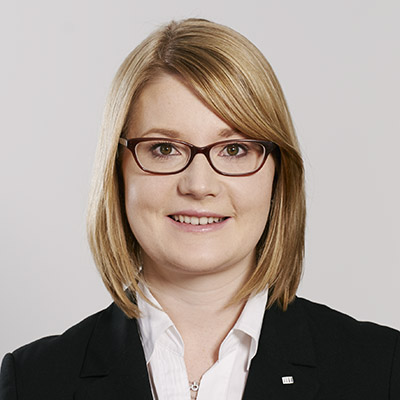1 Introduction
In its letter dated 20 June 2023, the Federal Ministry of Finance (BMF) commented on the VAT treatment of so-called marketing fees of producer organisations in the fruit and vegetable sector, as well as so-called preliminary costs in connection with the supply of livestock to slaughterhouses. Such costs are usually incurred by producer organisations or slaughterhouses and are passed on to the members or suppliers. The BMF’s letter is therefore of fundamental importance for all cases involving the passing on of costs.
2 Background
The BMF’s letter is based on two decisions of the German Federal Fiscal Court (BFH) in which it rejected the assumption of consideration for a separate supply of services and assumed a reduction of the taxable amount.
The BFH ruled on the VAT treatment of marketing fees in its decision of 13 September 2022 (XI R 8/20). According to this decision, the charging of marketing fees by a producer organisation to its members for the marketing of foodstuff does not constitute consideration for a supply of marketing services provided by the producer organisation. Rather, the marketing leads to the producer organisation being put in a position to achieve higher sales prices for the food it sells to its customers and is thus in the producer organisation’s own interest. The marketing fees therefore did not constitute consideration for a separate supply, but rather, a reduction of the taxable amount of the members’ supplies of goods to the producer organisation.
In its decision of 11 October 2022 (XI R 12/20), the BFH was required to rule on the VAT treatment of the preliminary costs of a slaughterhouse. According to this decision, costs incurred in connection with the slaughter of livestock, which the slaughterhouse deducts from the purchase price paid to the livestock supplier, do not constitute supplies of services by the slaughterhouse to the suppliers. The so-called preliminary costs were incurred in the slaughterhouse’s own interest. Thus, passing on the costs did not constitute a separate supply of goods and services for consideration. In this case, it is also a reduction of the taxable amount of the consideration paid in return for the supply of livestock.
3 Federal Ministry of Finance’s letter of 20 June 2023
Neither of the BFH’s decisions had previously been published in the Federal Tax Gazette. The BMF now agrees with the BFH’s opinion and has instructed the tax offices to apply the grounds for the Court’s decision in all open cases.
By adopting the two BFH decisions mentioned above, the BMF remains faithful to its line of reasoning. The BMF has already defined the distinction, in relation to advertising cost subsidies, based on the question of in whose interest the supply of (advertising) services was made. The BMF stresses this point of view by amending the German Administrative VAT Guidelines. If the taxable person acts in his own interest with regard to the transactions that have caused him to incur costs, the mere passing on of these costs does not constitute a supply of goods and services for consideration. In these cases, the passing on of the costs is to be regarded as a reduction of the taxable amount for the underlying supply between the taxable person and the supplier (see sec. 1.1, para. 26, sentence 2 of the German Administrative VAT Guidelines).
4 Consequences for the practice
In cases where costs are passed on, it is crucial to distinguish between the existence of a supply for consideration and a reduction in payment. For this purposes, taxable persons can use the criteria established by the BMF as guideline. The connecting factor is the criterion of a separate supply. If costs are incurred in the taxable person’s own interest, these do not constitute consideration for a supply of services vis-à-vis the suppliers. Rather, there is a reduction in the taxable amount for the underlying supply of goods or services (sec. 17 of the German VAT Act). If, on the other hand, there is a contractual obligation on the part of the taxable person to provide the invoiced supply of services, this supports the assumption that a supply of services for consideration, that is subject to VAT, exists. However, if the customer invoices the supplier for his own costs, through which the supplier does not receive any recognisable added value, this is an indication for the assumption of a reduction in payment.
Contact:

Bettina Finken
Lawyer, Dipl.-Finanzwirtin (FH)
Tel.: +49 211 54095346
As per: 30.06.2023
